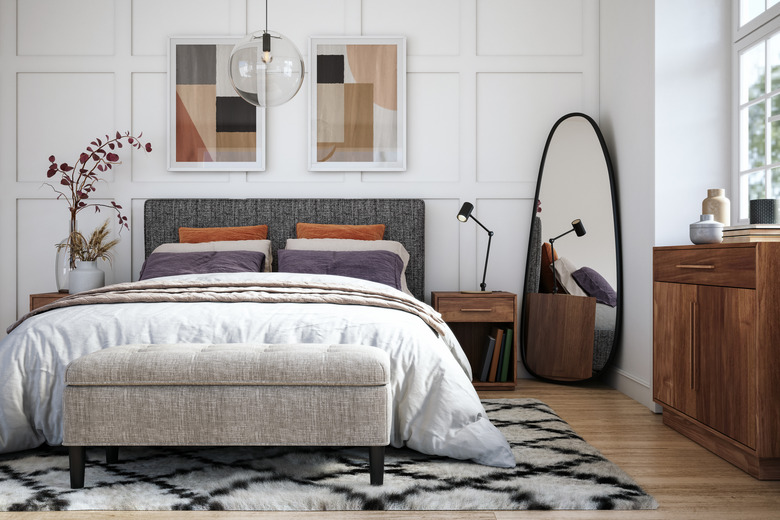If You're After An Investment Property, Here Are 5 Things You Really Should Know
Buying a house is a major life decision. While in some cases, purchasing a property can make financial sense in the long run, there are also instances where buying a home isn't always a smart investment. "Historically, homeownership was touted as a good investment opportunity because your monthly housing payment would go towards building equity in the home you live in," says Joy Liu, Certified Financial Trainer at The Financial Gym. "Fast-forward to today, many of us (particularly millennials) are bouncing around from one expensive metropolitan area to another, and switching jobs every few years. This change has made homeownership less of a reliable way of building wealth."
Interested in learning more on whether purchasing a home is a sound investment, and not just a place to live? We asked a few financial advisors and real estate experts to share their advice, and here's what they had to say.
1. You will need to have cash and a five-year plan.
1. You will
need to have cash and a five-year plan.
Similar to investing in stocks or other volatile asset types, Liu says buying a house as an investment is about having available cash, and the length of time you own the home. "Homeownership can make financial sense when you have enough cash saved for a down payment (and to cover the cost of maintaining a home), and if you plan to stay in the home for at least five to seven years to neutralize the transactional costs of closing when you buy, and sellers fees when you sell," she explains.
2. The value of a home doesn’t always appreciate.
2. The
value of a home doesn't always appreciate.
As with any investment, the value of home doesn't always rise. "Whether you are buying a home to live in or as an investment property, you can make or lose money," Linda Bell, Personal Finance Expert at NerdWallet explains, "With investment properties, investors make money through renting, or by renovating and then selling the property, also known as house flipping. When flipping a house, if you sell the home for more than the combined purchase and renovation costs, you will end up with a profit. Sell it for less and you end up with a loss."
3. The rate of return doesn’t always cover your costs.
3. The rate of return doesn't always
cover your costs.
Experts estimate that the average rate of return you should expect from owning a house is between 8.6% to 10% percent per year, which isn't always enough to cover your monthly homeownership bills. "It depends on the size of the mortgage, interest rate, and other costs," explains Eric Kredatus, a realtor at Strand Hill. "Typically, if you can afford a specific house, appreciation at or above the inflation rate would result in a real estate investment that more than doubles over the course of a 30-year mortgage. However, if one is looking at a shorter time horizon, a more thorough investment analysis would be required as each property is unique.
4. Purchasing a home as a primary residence can be a good investment.
4. Purchasing
a home as a primary residence can be a good investment.
Not only will the house you live in be considered an investment if it appreciates in value over time, Liu says it can also provide a future source of income. "Your house can also be a cash flow investment if you choose to first live in it and then decide to keep it as a rental property and move into another house later on," she explains. "This requires some discipline on the investor's end to be honest about the property's ability to actually produce positive cash flow, where the rental income is meaningfully higher than the cost of the mortgage and maintenance costs."
5. Buying a house to rent out doesn’t always make financial sense.
5. Buying a house to rent out doesn't
always make financial sense.
Buying a property just to rent it out comes with extra costs and responsibilities, which is why Chase Vedrode, a financial advisor at Northwestern Mutual, says you can't always count on it to generate cash flow. "It's important to remember that you'll need to pay taxes on your rental if it's rented out for more than 14 days throughout the year, which might mean paying taxes on multiple homes," he explains. "You'll also want to take into account startup costs, like a fully furnished kitchen, as well as monthly maintenance and repair costs, which can include everything from landscaping to plumbers and electricians."
